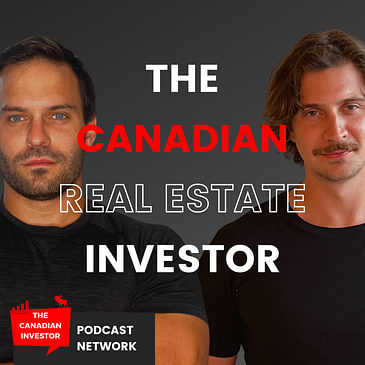Simon (our podfather) from the Canadian Investor Podcast joins Dan to discuss stocks vs. real estate. If you're looking for the first part its on the Canadian Investor Podcast.
If you have any questions for the show or want to work with Nick and Dan please reach out to them on social media or send an email to tcreipodcast@gmail.com
Listen to part 1 of the episode
Sign Up For The Next Webinar Realist
Join the best community in Canadian Real Estate realist.ca
Attend a Meetups Meetups
Get a Pre Approval G & H Mortgage Group
Get Financing with Landbank LandBank
Nick
Instagram.com/mybuddynick
tiktok.com/@mybuddynick
twitter.com/mybuddynick89
Dan
twitter.com/daniel_foch
instagram.com/danielfoch
tiktok.com/@danielfoch
See omnystudio.com/listener for privacy information.

